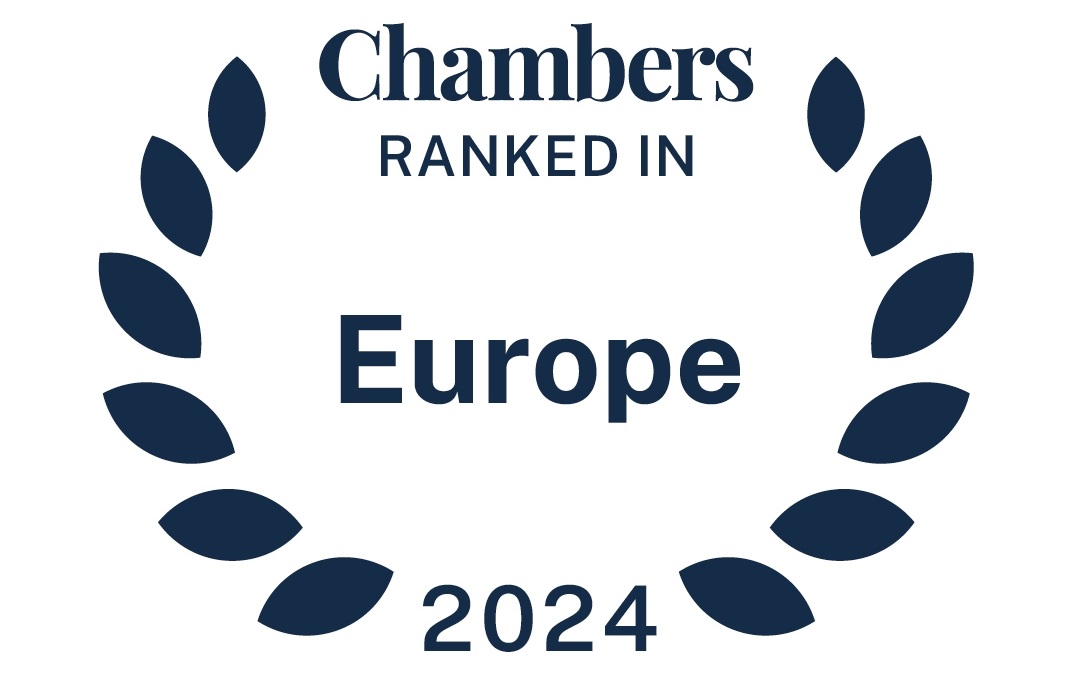On October 10, 2024, the French Ministry of Armed Forces released an FAQ relating to a Non-Re-Exportation Certificate (NRC), available in French here (FAQ). This document provides practical guidance to military companies exporting equipment covered by the prohibition on export or re-export to sanctioned countries. The FAQ complements the existing guidelines for completing certificates required by French authorities (see here).
Concerned companies should be mindful of consulting the FAQ when preparing their NRCs. It is crucial to closely follow the guidance from the French Ministry of Armed Forces in order to avoid any follow-up questions which may delay the transaction or trigger any further investigation from the French authorities. This is particularly important in circumstances where sanctions regimes, notably against Russia, are becoming increasingly significant and more strictly enforced (read our latest update here).
Context
The export – whether temporary or permanent – of military equipment is subject to several requirements. Among these is the obligation for French suppliers to complete and authenticate an NRC. Broadly speaking, the NRC is a commitment made by a client, whether private or governmental, that (i) it will use the equipment received from the French supplier solely for its own need and (ii) it will not transfer any such equipment to third parties without the approval of the French government. The French supplier must pre-fill the NRC (and send it to the client for further completion), before the equipment is exported. The French supplier must also obtain authentication of the NRC’s signatories from the French embassy (via the defense attaché) in the client’s country or region.
Content of the FAQ
The FAQ provides general guidance on how to complete NRCs and points out a number of recurring mistakes leading to non-authentication of the NRC by French embassies. Specifically, the FAQ clarifies that:
- The person signing the NRC must be duly authorized to do so by its company (i.e., the client of the French supplier) and it may be necessary to provide statements or certificates confirming signatories’ power to bind the company.
- The information provided in the NRC must strictly correspond to the information provided in a request for a license for the export of the underlying goods.
- In the event the license is extended or replaced, the corresponding NRC remains valid (unless a new license specifies otherwise).
- All re-exportation of the underlying goods following their repair requires a new NRC.
- An express authorization from the French Ministry of Armed Forces is required in order to include several end-users in the NRC.
If you have any questions on the FAQ or the way you should deal with your NRC, please reach out to our authors.
*Trainee Marine Bahaderian also contributed to this article.





